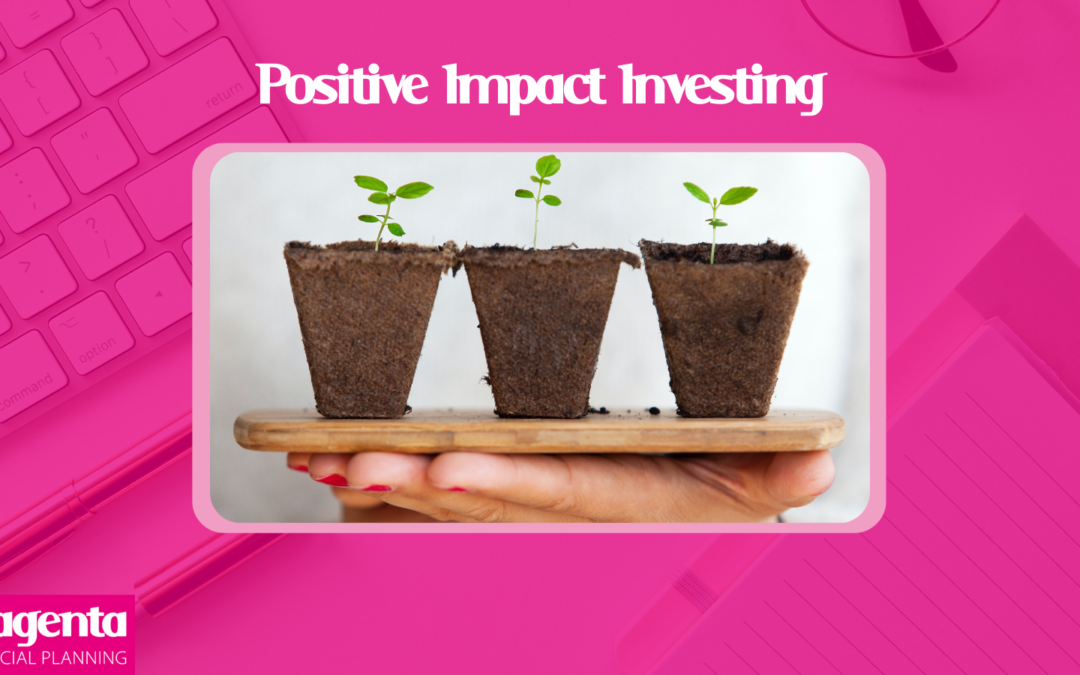As a young child my first experience of what it meant to be ethical and sustainable was in primary school. A gentleman came into class to talk to us about his adventures around the world. The purpose of these adventures was exploring the devastating effects of deforestation, particularly in Ecuador.
The passion he showed the class, and how he explained what deforestation meant to the plants and animals of the rainforest, really resonated with me. He explained how clothing, furniture and some of my favourite foods, impacted deforestation (palm oil). All my class from that moment on, wanted to make a change. Looking back, I feel so lucky that my eyes were opened to this type of behaviour so early on in my life and was able to implement little changes, such as turning off the tap whilst brushing my teeth, to help the planet.
Growing older I noticed climate change becoming more prominent on the news, each day there was more bad news regarding the condition of our planet, and it was clear to me that we were not doing enough to help protect the planet for future generations.
Look at 2020 – with devastating wildfires around the globe. For anyone who hasn’t yet been convinced of the effects of humans on the planet, I highly recommend watching ‘Our Planet’ an excellent series by the very beloved David Attenborough. He has so kindly dedicated his life to the world and educating us about its beauty. If you haven’t watched this series and like me, sometimes feel you need to bury your head from all the negativity, I promise you this is a great watch. He, like my primary school speaker, injects you with a huge amount of motivation to better our behaviour and continue with this fight.
It is now my view that, even though the big changes are needed within government, it is also needed on a personal level. We need to change our way of life to make sustainable living more ‘normal’. Whilst we know the government have environmental targets to hit, and they are trying hard to do so, costs and other restrictions are causing these targets to not being met consistently.
We all personally need to take responsibility to help these climate targets being achieved. If we all work together as a collective toward one target we will get there sooner and we can all live happier knowing we are all helping to achieve a joint goal – to be more ethical and sustainable, laying the foundations for future generations.
How can Magenta help?
On joining Magenta, I was delighted to see that they had so many options open to clients, for them to choose the way they want to invest. We have Positive Impact funds, which we will be discussing later on in this blog – as well as personalised bespoke portfolio options, where all of your views are taken on board and a portfolio is handpicked with a specialist to ensure it meets your criteria. I had never come across such a personal and caring way of investing before and this was such a breath of fresh air to me.
At the moment we are going through a transition phase due to our regulator the FCA, telling all investment firms that they must offer an Environmental, Social and Governance fund option – and pressure on advisers to talk about this with its clients. The good news is, Magenta has been ahead of the game on this for many years. The bad news is that unfortunately, this has now meant a lot of ‘tick box’ funds have been created, where the clients are not quite receiving what was advertised to them – this is becoming known as ‘greenwashing’.
I’m greatly reassured that at Magenta we actively encourage clients to speak up about personal investment views – and that we aren’t just paying lip service to the latest fad. You can be reassured that any investments Magenta recommends are thoroughly vetted and compared against others in the market and will always be of the best quality in regards positive impact, sustainability and any ethical requirements.
Positive Impact and what this means
When I think of positive impact investing, I think about doing right by yourself and the planet.
Over the last year I have been in meetings where we have spoken to many of our clients about positive impact investing, sustainability and ethical choices.
Even in situations where clients have no specific ethical philosophy or restrictions, we have seen an increase in the amount of people who have told us “if my funds can be doing good deeds for the planet and its people, as well as not being detrimental to my returns, then it’s a no brainer that this is where my money should be”. This is how I feel too.
With all the chaos and ‘noise’ in the press surrounding what’s within an ethical or sustainable fund (ESG), we thought it would be fantastic to really look under the bonnet at some funds and where these may be invested.
We called on EQ Investors, a leader in the field of Positive Impact Investing to help us with this.
At EQ they aim to invest our clients’ assets in businesses and organisations that create positive impacts on society and environment, solving major societal challenges across the world. They align their portfolios to the ‘UN Sustainable Development Goals’, which are the World’s framework for some of the largest social and environmental challenges and are primarily focused on problems in developing nations.
However, we feel it is important that we do not forget the more local challenges to us and EQ perfectly balance helping the developing nations as well as our own.
Helped by information provided by EQ, in a recent video I’ve spoken about bringing the EQ Positive Impact portfolios closer to home as we thought this may be of interest. You can watch the video HERE.
This showcases some of their chosen holdings around Wales and the South West and it’s been fantastic to learn more about the companies doing good in our locality.
I hope you find the video of interest. If anything we have discussed in this blog today resonated with you, then please get in touch and we can incorporate YOUR views into YOUR financial planning.
The value of an investment and the income from it could go down as well as up. The return at the end of the investment period is not guaranteed and you may get back less than you originally invested

